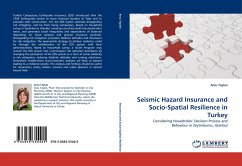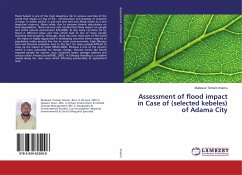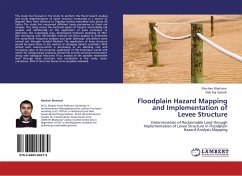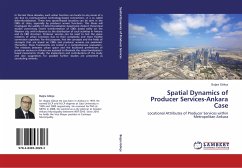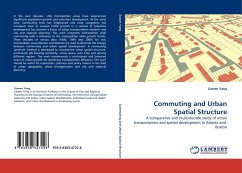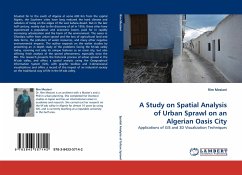Turkish Compulsory Earthquake Insurance (ZDS) introduced after the 1999 Earthquakes aimed to lower financial burdens of State and to promote safer construction. Yet, the ZDS system operates disregarding risk mitigation, and far from being compulsory. Based on household survey in Zeytinburnu Istanbul, voluntary purchase leads low penetration ratios, and generates social inequalities and expectations of State-aid depending on social statuses and general insurance purchase. Disregarding risk mitigation promotes fatalistic attitudes and reluctance for risk mitigation. The appropriate strategy to achieve resilience could be through the collaboration of the ZDS system with local administrations. Based on household survey, a Grant Program may convert the ZDS system into a pre-disaster risk reduction benefactor by changing the perception of the ZDS system as a form of social solidarity in risk mitigation, reducing fatalistic attitudes and curbing reluctance. Particularly middle-lower socio-economic statuses are likely to expand leading to a resilience society. The analysis and findings should be useful for researchers, policy makers, insurers and urban planners in natural hazard field.

